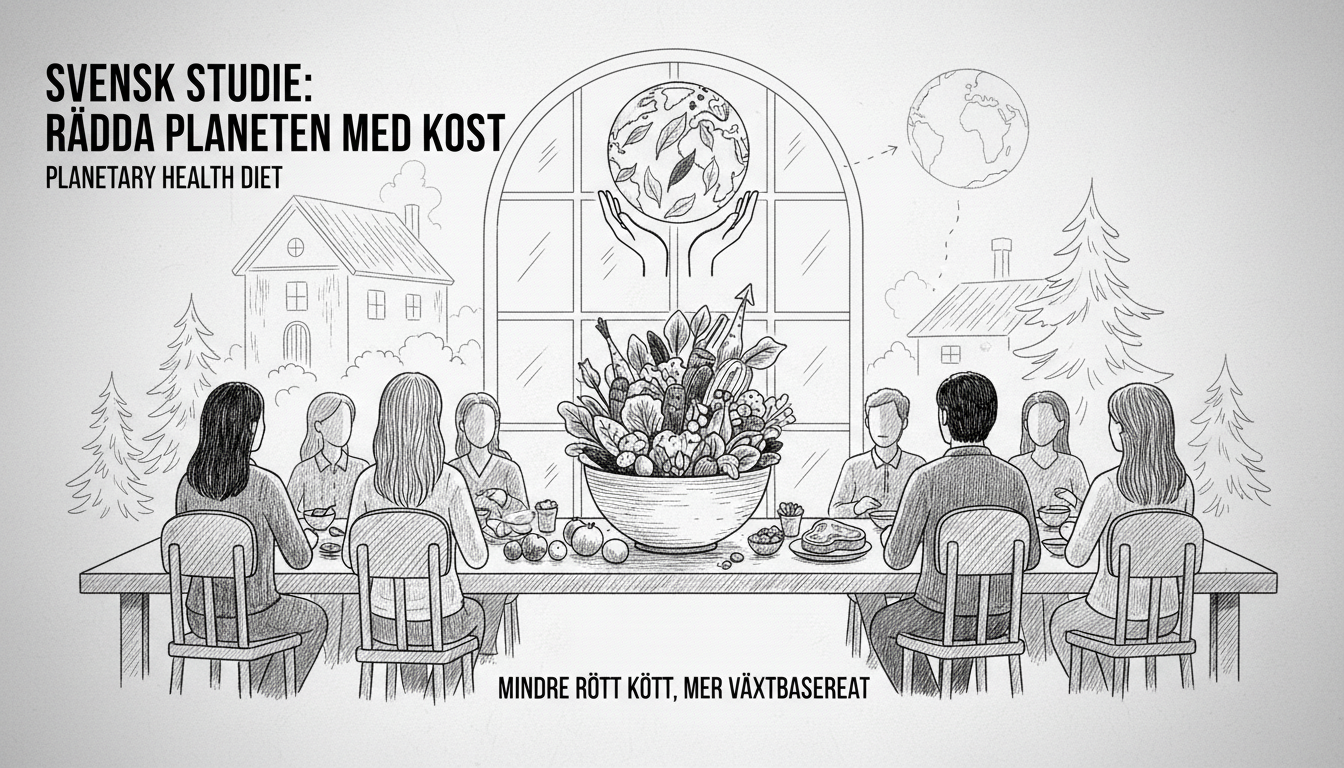Swedish Study Reveals Diet to Save the Planet
Swedish researchers reveal the optimal diet for both human health and environmental sustainability. The planetary health diet drastically reduces red meat while increasing plant-based foods. These recommendations challenge Sweden's traditional meat-heavy eating patterns.

A major research report says food causes many environmental problems. The EAT-Lancet planetary health diet shows what to eat for health and sustainability. Swedish researchers updated the 2019 report with new findings. Most recommendations stayed the same.
Line Gordon leads Stockholm Resilience Center and teaches at Stockholm University. She said Swedes should eat more whole grains, legumes, fruit, vegetables and nuts. They need less animal protein, especially red meat, and less sugar.
The diet allows just 15 grams of red meat daily. That means one 100-gram burger per week. Eggs get the same 15-gram limit, about one large boiled egg every four days. People who want more meat can eat up to 30 grams daily. They can have up to 25 eggs weekly.
Fish and shellfish average 30 grams daily, with up to 100 grams allowed. Chicken and other poultry average 30 grams, with up to 60 grams permitted. Dairy products get more generous portions. Researchers recommend about 250 grams of cheese, milk and other dairy daily.
This diet demands big changes for meat-loving Swedes. The country has high meat consumption compared to global averages. The recommendations put Sweden's food traditions directly at odds with planetary health needs.